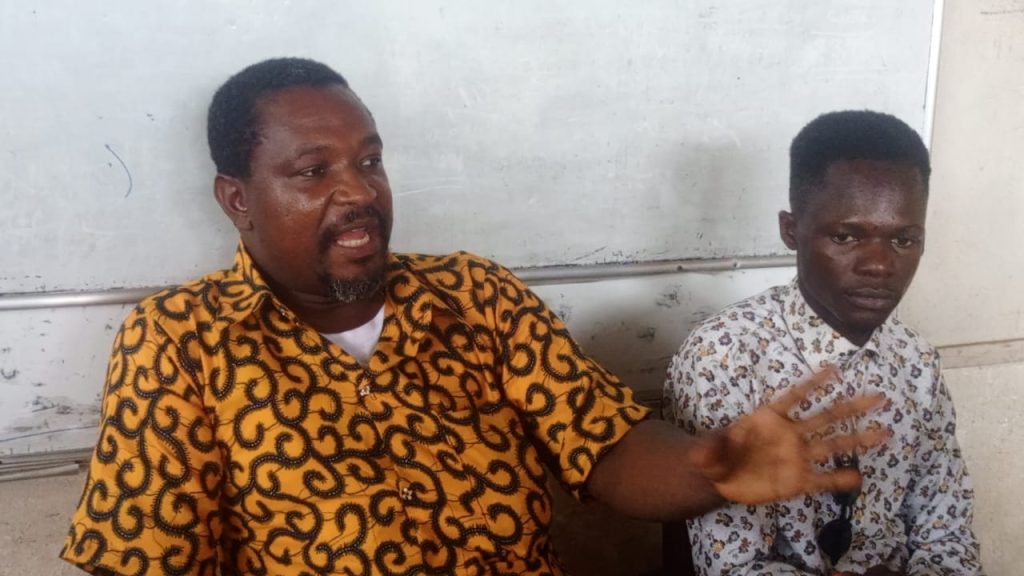The heart of Nimba County, Liberia, reverberates with discord as representatives of communities affected by ArcelorMittal Liberia’s (AML) operations vehemently reject Senator Nyan Twayen’s criticisms of the company’s Mineral Development Agreement (MDA). Twayen’s accusations of bad labor practices, exploitative financial dealings, and unfulfilled obligations to the people of Nimba have ignited a firestorm of controversy. The communities, however, stand firmly in support of AML, asserting that the company has not only adhered to the MDA but has gone above and beyond in its commitment to the region.
The affected communities, through their spokesperson Prince Kehwalain, categorically refute Twayen’s claims, arguing that AML’s operations have brought significant benefits to the area. They point to the company’s investments in socioeconomic development, job creation, and infrastructure improvements as evidence of its positive impact. They accuse Senator Twayen of pursuing self-serving interests and attempting to damage the communities’ relationship with AML. The communities express their unwavering support for the company and denounce Twayen’s attempts to portray them as disgruntled or betrayed.
This public clash unfolds against a backdrop of rising tension surrounding AML’s presence in Nimba County. Senator Twayen’s condemnation of the company follows a petition from the Nimba University Students Association (CONUSA) urging the Liberian Legislature to revisit the MDA. The students express concerns about potential environmental damage, economic marginalization, and corporate exploitation. Their petition echoes the Senator’s anxieties, creating a chorus of dissent against AML’s practices.
The affected communities, however, remain steadfast in their defense of AML, providing a counter-narrative to the Senator’s and students’ allegations. They highlight AML’s significant investments, exceeding $47 million, in the socioeconomic growth and development of communities within its operational areas and beyond. They cite specific examples of AML’s contributions, including the rehabilitation of a 243-kilometer railroad, the revitalization of the Buchanan port, the provision of employment exceeding MDA targets, the establishment of a vocational training center, the awarding of advanced scholarships, and the provision of access to schooling for dependents of employees. These tangible benefits, they argue, demonstrate AML’s commitment to the well-being of the communities.
Further bolstering their defense of AML, the affected communities underscore the company’s financial contributions, including over $424 million in taxes and royalties paid to the government. They emphasize AML’s adherence to human rights and VPSHR (Voluntary Principles on Security and Human Rights) standards, as well as its investments in community health infrastructure, including clinics and hospitals. This comprehensive defense paints a picture of a company actively engaged in improving the lives of the people of Nimba, contrary to the narrative presented by Senator Twayen.
The communities accuse Senator Twayen of disregarding the nearly 10,000 jobs created by AML and of harboring an agenda to drive the company out of Liberia. They express their disappointment in his leadership, accusing him of failing to engage with the communities and report on his activities to the people of Nimba. They distance themselves from his pronouncements, vowing not to support politicians who incite division and misrepresent their relationship with AML. This incident is not isolated; AML has faced similar criticisms in the past, highlighting the ongoing tensions surrounding its operations in Nimba County. The current dispute underscores the complex dynamics between corporate interests, community needs, and political maneuvering in the region.


